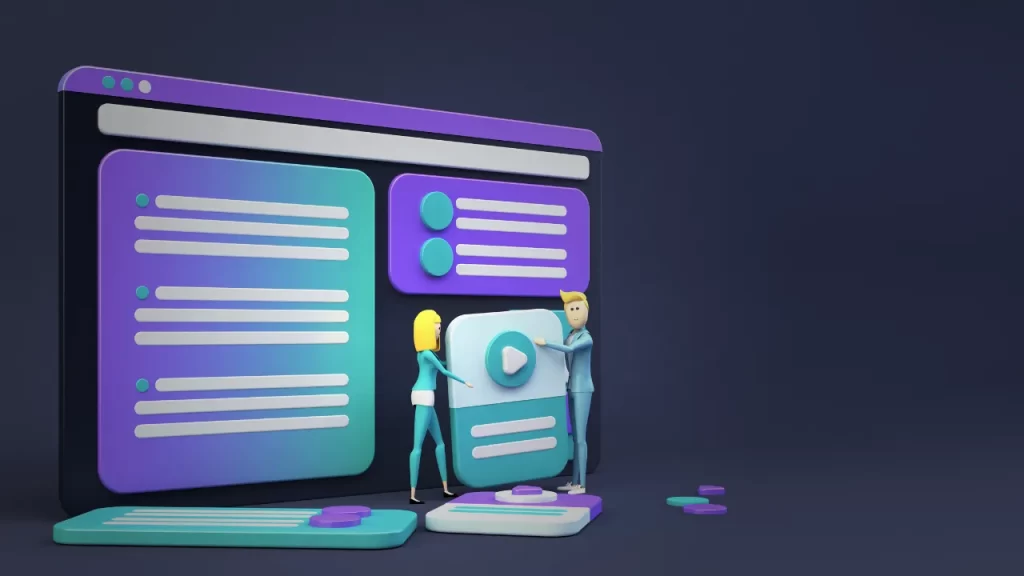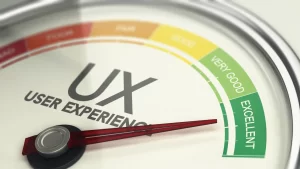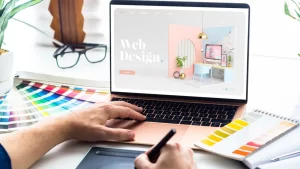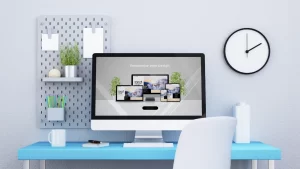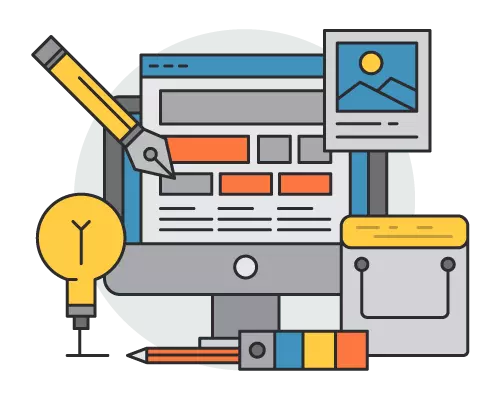Yes, web design can be a hobby, and it’s a great way to explore creativity, learn new skills, and even generate extra income if desired.
Many people start learning web design as a hobby, and over time, it can turn into a part-time side hustle or a full-time career.
The accessibility of online resources and design tools makes it easy for hobbyists to start building websites for personal projects, friends, or small businesses.
Why Web Design is a Great Hobby
1. Creative Expression
Web design allows hobbyists to express their creativity through layouts, color schemes, typography, and imagery.
It offers a flexible way to combine both artistic and technical skills while creating something functional and visually appealing.
2. Accessible Learning Resources
There are numerous free and paid resources available online for those who want to learn web design as a hobby.
Websites like Udemy, Codecademy, W3Schools, and YouTube provide tutorials, courses, and practical projects that make it easy to get started.
3. Flexible and Scalable
Web design can be done in your spare time, whether on weekends or during the evenings.
You can start with small personal projects, such as creating a website for a blog, a portfolio, or a hobbyist community, and expand into more complex projects as your skills improve.
4. Potential to Earn Income
For those interested, web design can easily transition from a hobby into a side hustle or even a full-time business.
Many web designers start by creating websites for friends, local businesses, or non-profit organizations and eventually build a portfolio that attracts paying clients.
5. Learn Valuable Skills
Learning web design as a hobby can develop valuable skills, including:
- HTML and CSS: Basic coding skills that can be applied to any web project.
- User Experience (UX) Design: Understanding how to create websites that are intuitive and user-friendly.
- Responsive Design: Ensuring that websites look good and function well on all devices, from desktops to mobile phones.
How to Get Started in Web Design as a Hobby
1. Choose Your Tools
You can start with beginner-friendly web design platforms like WordPress or Wix, which allow you to create websites without needing to code.
For those who want to dive deeper, tools like Figma, Adobe XD, and Sketch are great for designing and prototyping websites.
2. Learn the Basics
Begin by learning basic web design principles such as layout, typography, and color theory. From there, move on to learning HTML, CSS, and JavaScript for more control over your designs.
3. Start Small
Start by designing websites for your own hobbies, such as a blog or portfolio. Experiment with different design elements, layouts, and features to build your confidence.
4. Join Online Communities
There are plenty of online communities where you can connect with other hobbyist web designers, share your work, and get feedback. Joining forums or social media groups can provide inspiration and help you improve your skills.
Conclusion
Web design can absolutely be a rewarding hobby. It allows you to express creativity, learn valuable technical skills, and potentially earn extra income.
Whether you want to build websites for personal enjoyment or grow it into a side hustle, web design offers flexibility and endless possibilities for growth.

